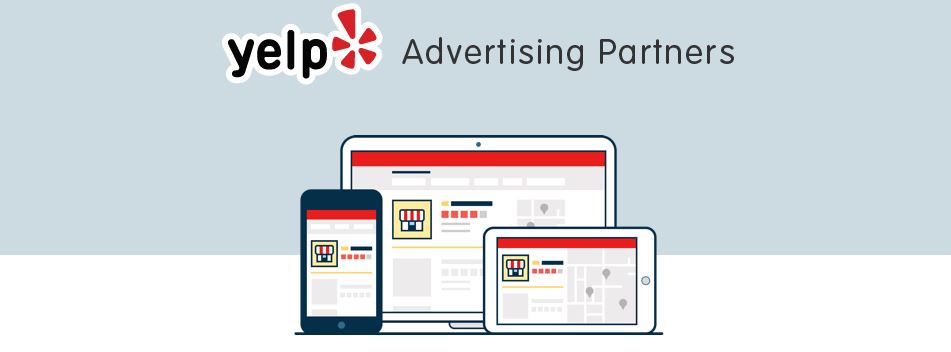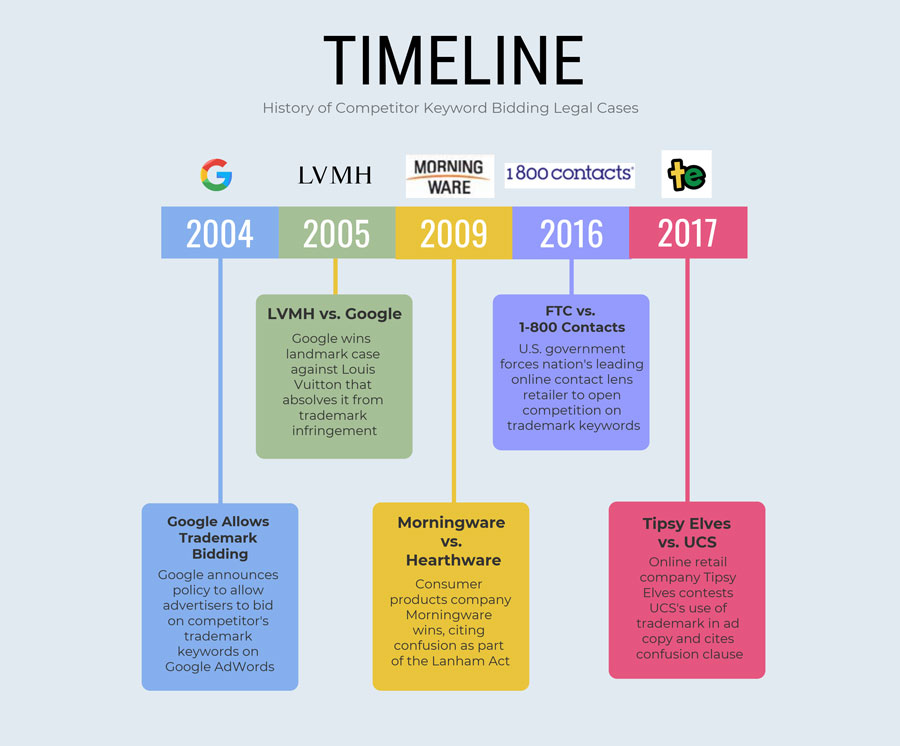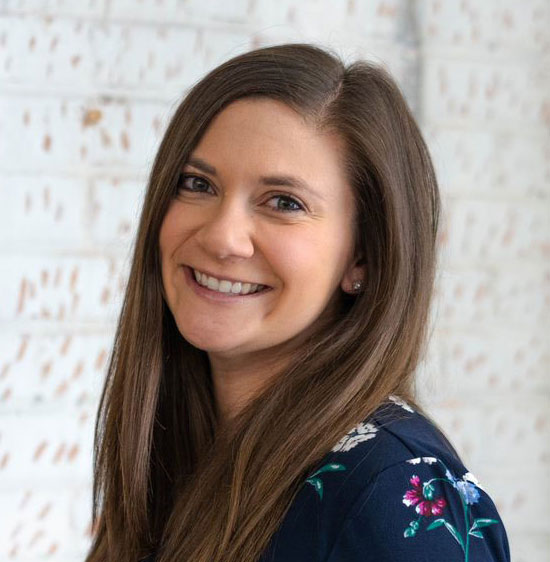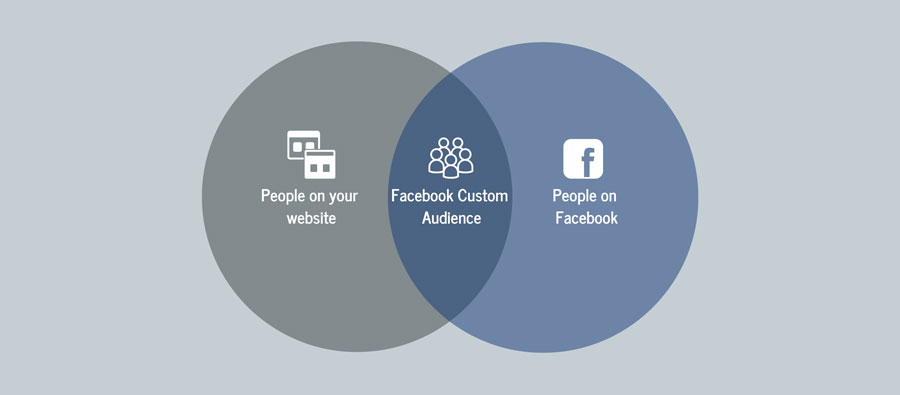Monthly Industry Roundup: December 2019
 Location3 Announced as Yelp Advertising Partner
Location3 Announced as Yelp Advertising Partner
Earlier this month, we officially announced our partnership with Yelp! The partnership will give Location3 franchise and multi-location partners the ability to engage important target audiences and ultimately increase leads.
“We’re excited to launch Location3 as a Yelp Advertising Partner”, said Drew Canniff, Division Vice President, Agency and Partner Sales, Yelp. “Hundreds of thousands of businesses advertise on Yelp to amplify their online presence and increase opportunities to attract new customers. Local businesses are constantly looking to grow their customer base. Through this partnership with Location3, we’ll deliver real value to Location3’s customers by providing the tools to generate more leads and visits.”
Our franchise marketing platform, LOCALACT, integrates directly with Yelp’s API, giving our partners access to key metrics and data related to their Yelp Business Profiles.
“Our new partnership with Yelp gives Location3 an even greater competitive advantage in helping our franchise clients reach more target consumers and convert them into customers on a market-by-market basis,” said Tom Lynch, V.P. of Franchise Operations & Development at Location3. “Both the Yelp API integration and added layer of support from the Yelp team helps us further round out an incredibly robust, localized digital marketing offering.”
If you have questions about the partnership or would like more information on what is available from Yelp via the LOCALACT dashboard, please contact us today.
3 Reasons Facebook Ads Outperform Boosted Posts
Many businesses are tempted to use Boosted Posts on Facebook because they are relatively inexpensive. But as Location3 Paid Social expert Chris Suglia notes, Facebook Ads offer a more complete package for businesses that are serious about advertising on Facebook. Here’s an excerpt from his post:
1. Custom Audiences
Facebook’s most powerful and highest-converting tool is Custom Audiences. This tool is available in Facebook Ads, but it’s not an option for Boosted Posts. Custom Audiences are built by uploading a customer list or using a source on your website, such as website visitors. Website visitors and past customers are more familiar with your brand and products, making them up to 70% more likely to click on a Facebook Ad and follow through with the desired action.
Running any type of marketing campaign without using Custom Audiences is like racing without tires. All of the Interests and Page Likes your profile has earned get customers on the track, while Custom Audiences push them toward the finish line.
For more analysis, including how Facebook Pixel optimizations and variable testing put Facebook Ads over the top, Suglia’s full post can be read here.
 Competitor Keyword Bidding on Trial
Competitor Keyword Bidding on Trial
In Part 1 of Location3 CEO Alex Porter’s 3-part series on branded search strategy, he examines a handful of legal cases that have shaped the discussion on competitor keyword bidding. The controversial practice has come under fire from companies seeking to protect their trademarked brand as well as the Federal Trade Commission. It’s a nuanced discussion that’s still ongoing, but Porter’s analysis of these five cases will help direct your strategy in 2020. Here’s an excerpt from the post:
LVMH vs. Google
In 2003 LVMH, commonly known as Louis Vuitton, discovered that Google searches using LVMH’s trademark terms returned ads for sites selling imitations of LVMH products. This sparked a long legal battle between LVMH and Google that started in 2005 with a French court determining that Google was guilty of trademark infringement.
The decision by the Regional Court of Paris was a potential blow to Google, which was expanding its decision in 2004 to allow competitor keyword bidding in the U.S. Google appealed the Regional Court of Paris decision to the Court of Justice of the European Union (CJEU). In 2010, the CJEU ruled in favor of Google, absolving them of any liability because Google was not considered to have an active role in the matter.
This decision also reversed an earlier opinion that prevented advertisers from suing each other for bidding on trademarked terms.
Analysis: This was among the first high-profile cases against Google, and the initial decision looked to be a major obstacle to the profitability of Google Ads (formerly known as Google AdWords). Had the decision carried into the U.S., we’d be experiencing a much different paid search environment than what we have today.
But instead, the CJEU decision not only established protection for Google from future trademark infringement cases, but also established that these matters should be handled between competing advertisers.
The full post can be read here.
 Digital Marketing Predictions for 2020
Digital Marketing Predictions for 2020
The one constant in digital marketing is change. Knowing that, we decided to put a few of our predictions for the industry in 2020 in writing. That way we can all celebrate, or more likely laugh, a year from now. Here are a few of our experts’ predictions at Location3.
 My prediction for 2020 is that Facebook and Google will continue to remove campaign customizations across budgeting, placements, and creative to better leverage their AI algorithms, similar to how Campaign Budget Optimization was announced as the only Facebook budgeting option in 2020.
My prediction for 2020 is that Facebook and Google will continue to remove campaign customizations across budgeting, placements, and creative to better leverage their AI algorithms, similar to how Campaign Budget Optimization was announced as the only Facebook budgeting option in 2020.
I think TikTok is on its way to blowing up if their ad team can quickly catch up to the customer service and advanced targeting options that’s expected of larger social networks like Facebook and Pinterest, but brands must ensure their ads will fit the platform format to be successful.
Chatbots and Facebook Messenger are expected to grow, so marketers will need to learn how to incorporate these automations into their marketing mix.
— Brooke Hess, Director of Paid Media
 I believe that in 2020 we will begin to get the first taste of what I am calling “Fluid Rank.” This is in regards to how local businesses are displayed in the SERPs.
I believe that in 2020 we will begin to get the first taste of what I am calling “Fluid Rank.” This is in regards to how local businesses are displayed in the SERPs.
Rank tracking will become a thing of the past as listings are fluidly swapped in and out of the top spots based on ever changing factors such as current traffic conditions, weather, hours of operation, how busy the location is, etc.
This is going to be a massive shift as the focus will change from hyper focusing on listing rank and more on providing high quality content to reach the right person at the right time.
— Brett Dugan, Local Listing Strategist
 Cookies are a thing of the past. If you aren’t already shifting your strategies to focus on first-party data, you might be left behind in the coming years, but this does mean clients will need to invest in the time needed to clean up their own customer databases.
Cookies are a thing of the past. If you aren’t already shifting your strategies to focus on first-party data, you might be left behind in the coming years, but this does mean clients will need to invest in the time needed to clean up their own customer databases.
This also plays into changes we’ll see around privacy and customers demands to be better stewards of their information.
There’s going to be more and more data reported on voice search that agencies and brands can leverage. We should see improvements to content strategies and optimization efforts with this new source of rich data direct from customers.
Shopping ads will dominate spend. Now that users can purchase from Google, Facebook, Pinterest and a whole host of other channels, I think we will see investment in shopping ads significantly increase.
Can we all agree to just phase out influencer marketing? No? OK, maybe 2021.
— Crystal Ware, VP of Partner Performance
For a look back on 2019 and more predictions for 2020, the full post can be read here.
Stay In Touch.
Subscribe to our monthly email newsletter.

